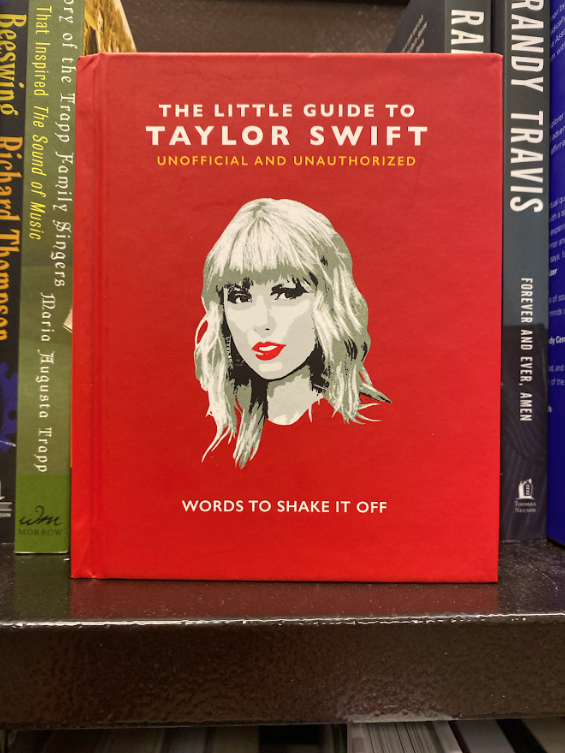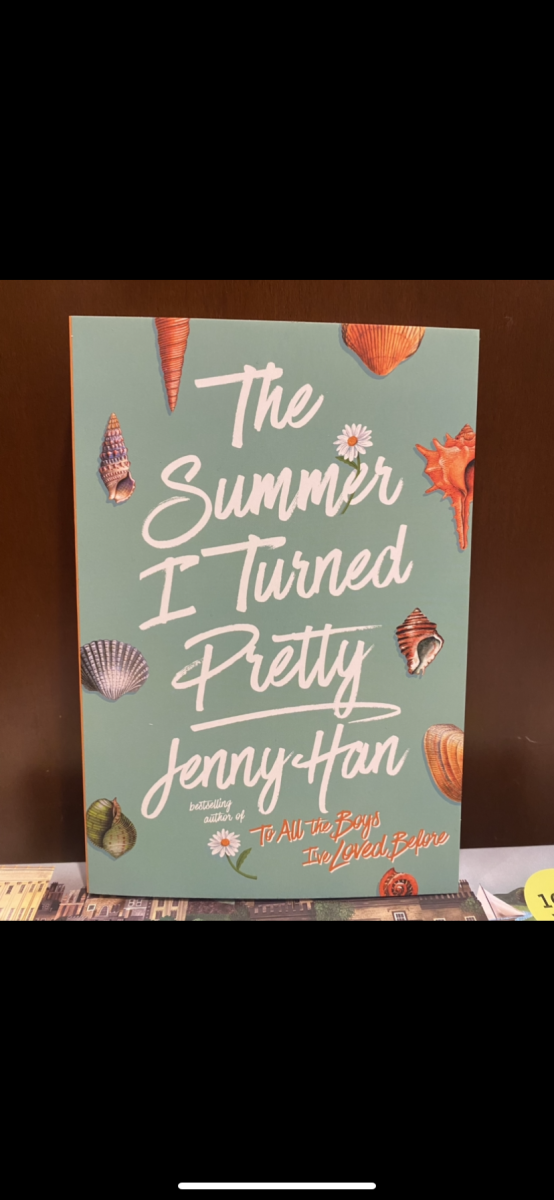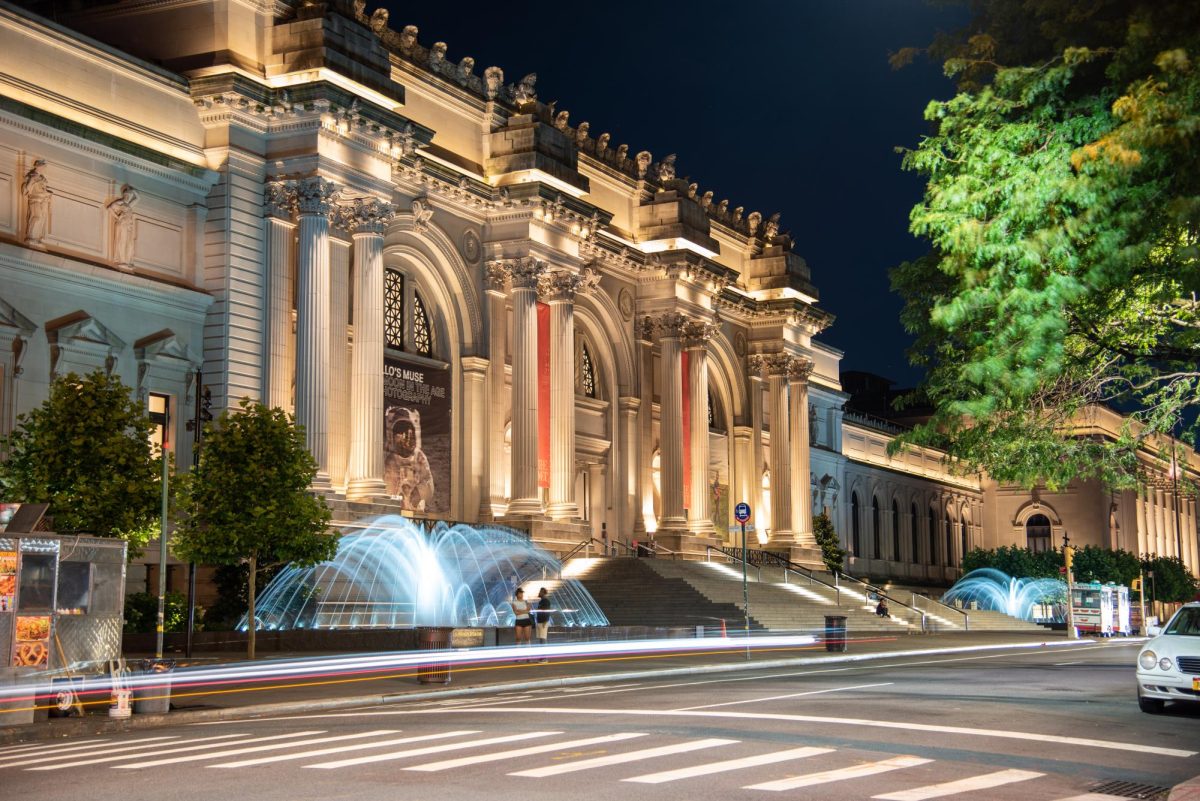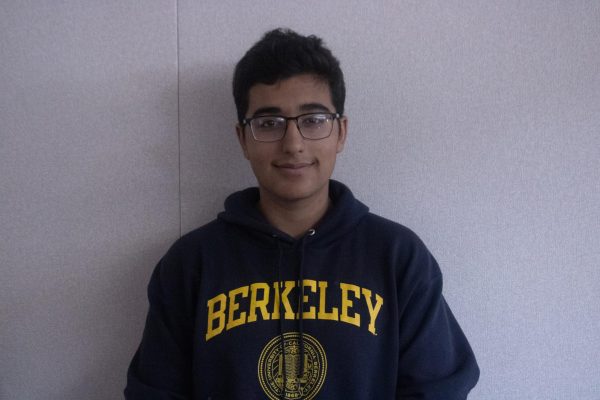The Metropolitan Museum of Art (MET) recently announced the return of 16 stolen ancient treasures to Cambodia and Thailand following months of public protest and social pressure. Across the United States, museums like the MET house countless artifacts mired in colonialist and imperialist histories. Under the narrative of preserving world heritage, Western institutions have historically justified the possession of plundered artifacts, overlooking the cultural devastation and historical amnesia inflicted upon the societies and cultures from which these treasures were taken.
In a world where we strive to be increasingly accountable and socially aware, the possession of stolen artifacts in museums emphasizes Western narratives of colonialism and cultural appropriation. Objects like the Rosetta Stone in the British Museum – an iconic Egyptian artifact – symbolize colonial acquisition. Others, like the Man-Eaters of Tsavo, housed in the Field Museums of Chicago, are integral to Kenyan history but are removed from their cultural grounds.
In light of the MET’s decision to return the stolen artifacts to Cambodia and Thailand, we must weigh the educational merit of stolen collections against our moral responsibility to amend historical injustices. At the very least, we need to acknowledge the origins of artifacts in museums and have meaningful discussions about the repatriation of these objects.
The issue transcends mere possession of artifacts, about the imbalance of power and narrative. Western museums have long dictated the story of human civilization, often sidelining the perspectives and voices of those from whom they have taken the most. This practice perpetuates a colonial mindset, implying that Western institutions are better suited to care for these artifacts than their countries of origin.
Furthermore, the legal frameworks governing the return of cultural property, such as the 1970 UNESCO Convention, are fraught with loopholes and inadequacies. These laws are often bent to the will of powerful institutions and nations, enabling a selective approach to restitution. This selective morality is unacceptable. The MET’s decision to return artifacts must not be an isolated act of goodwill but a precedent for a systematic, global effort toward cultural restitution.
Moreover, museums need to invest in educating the public about the true history of these artifacts – the often dark paths that these objects traversed to end up in glass cases thousands of miles from their origin. The narrative must shift from glorifying the collectors and donors to acknowledging these artifacts’ cultural loss and trauma.
The MET’s initiative can serve as a model for other institutions grappling with similar issues. By proactively engaging in the repatriation process, museums can demonstrate their commitment to ethical practices and cultural sensitivity. This approach benefits the source communities and enhances the museums’ role as educational and cultural institutions. By returning artifacts to their rightful contexts, museums can help to repair historical injustices and foster a deeper understanding and appreciation of diverse cultures.
Moreover, repatriating cultural artifacts has broader implications for international relations and cultural diplomacy. It can serve as a powerful gesture of goodwill and respect between nations, helping to build bridges and promote mutual understanding. This is particularly important in a globalized world where cultural heritage shapes national identities and fosters international collaboration.

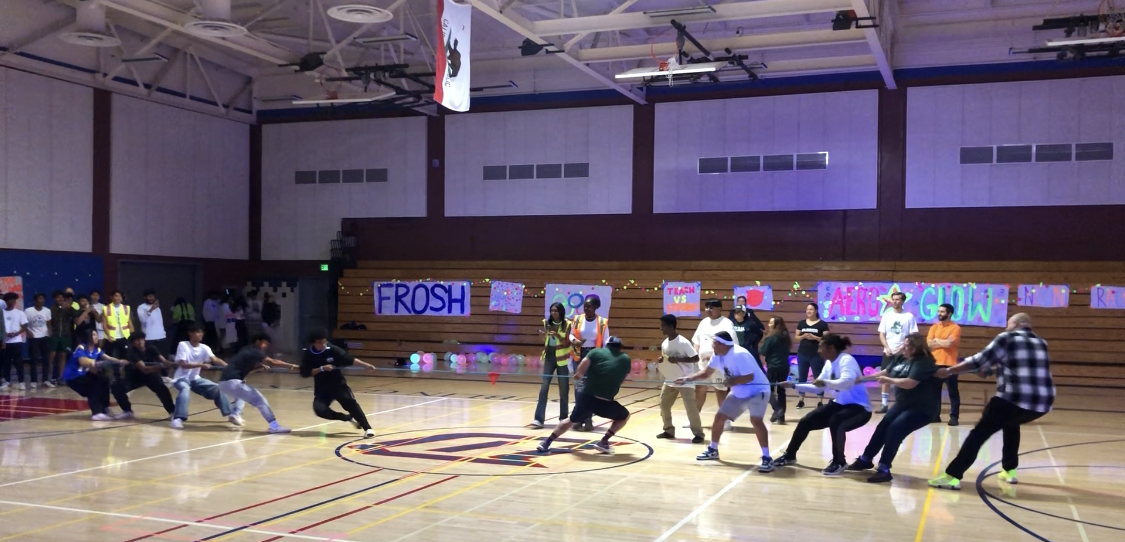
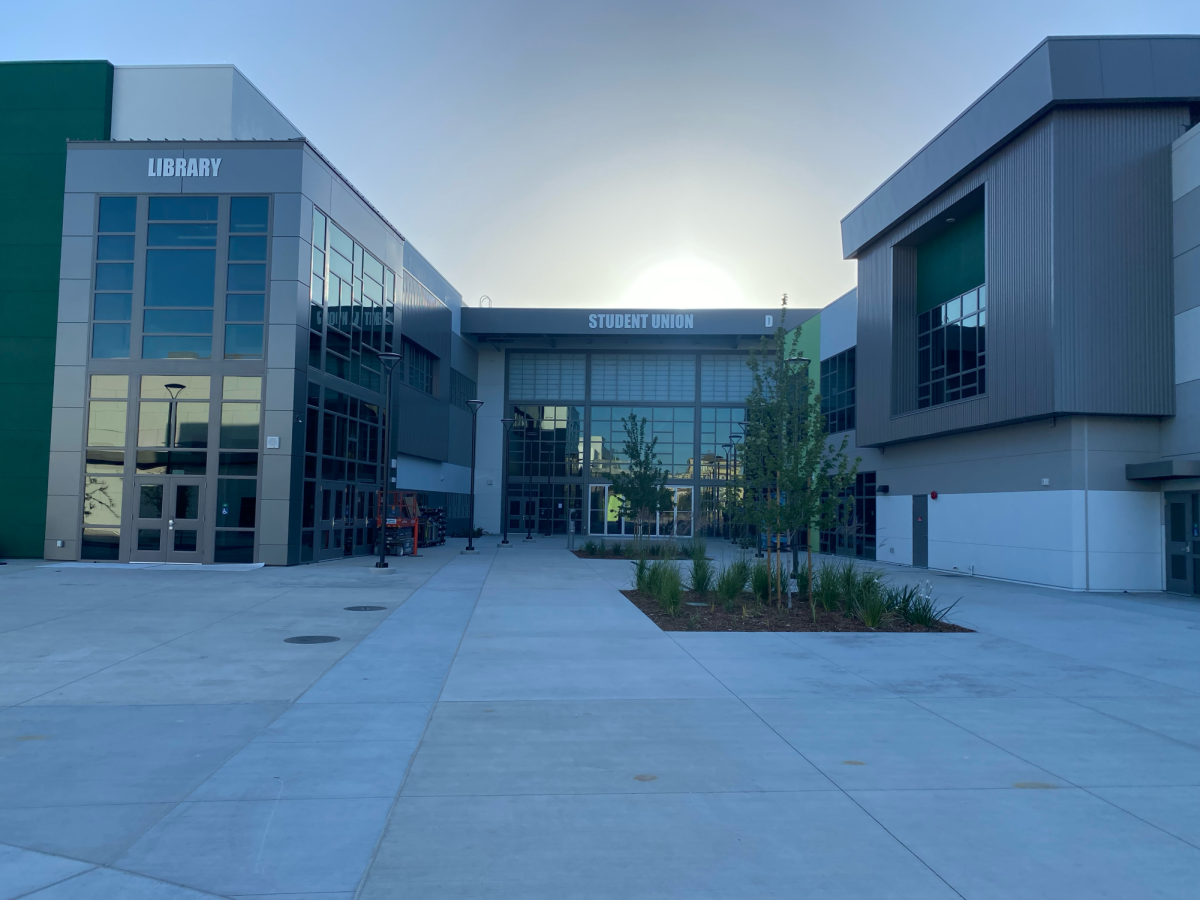
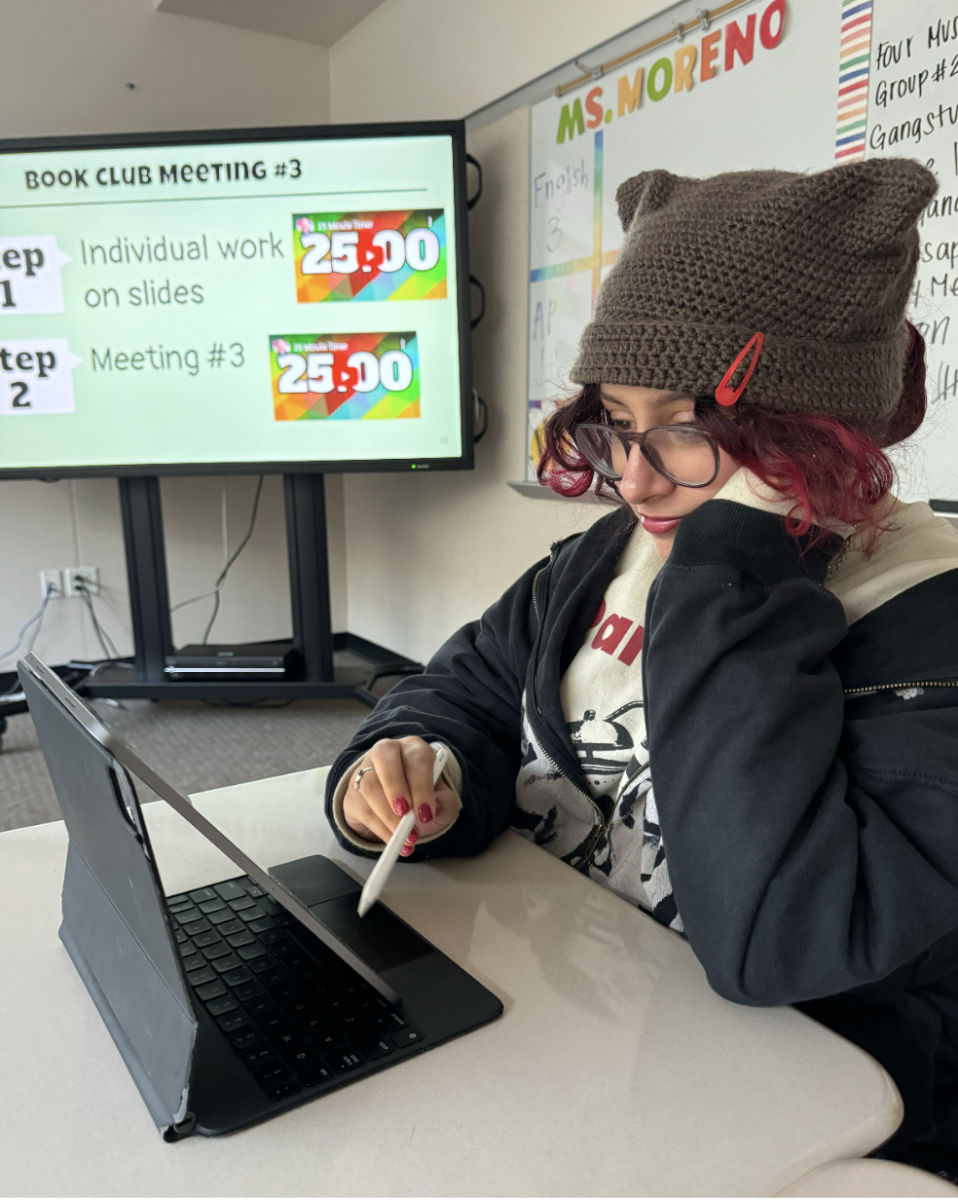
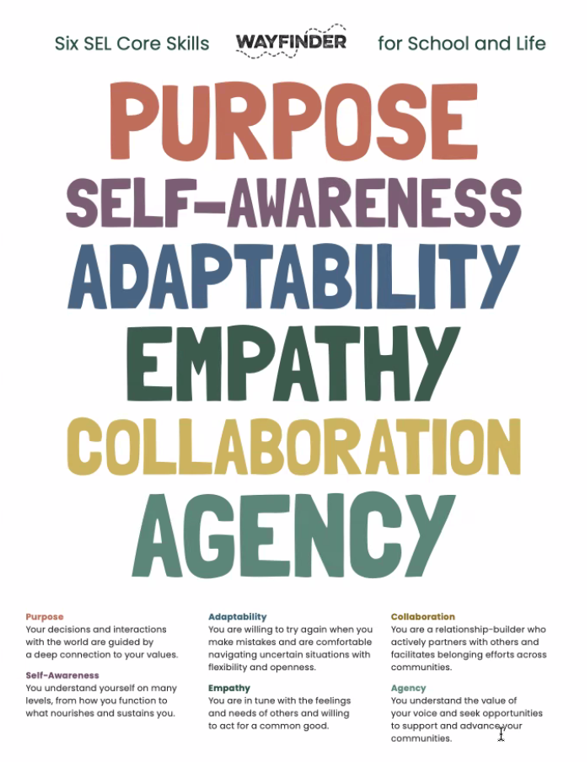
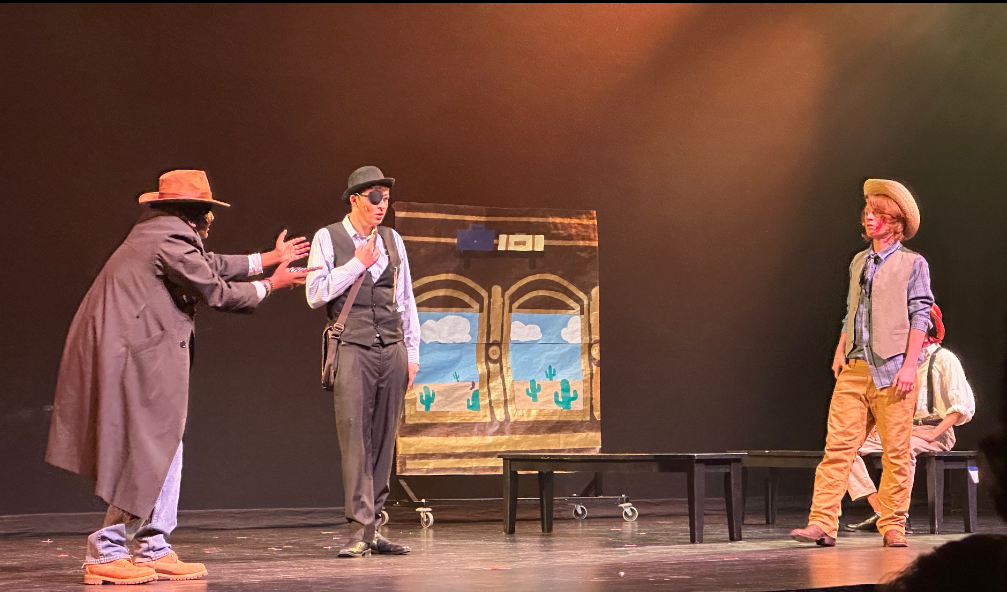


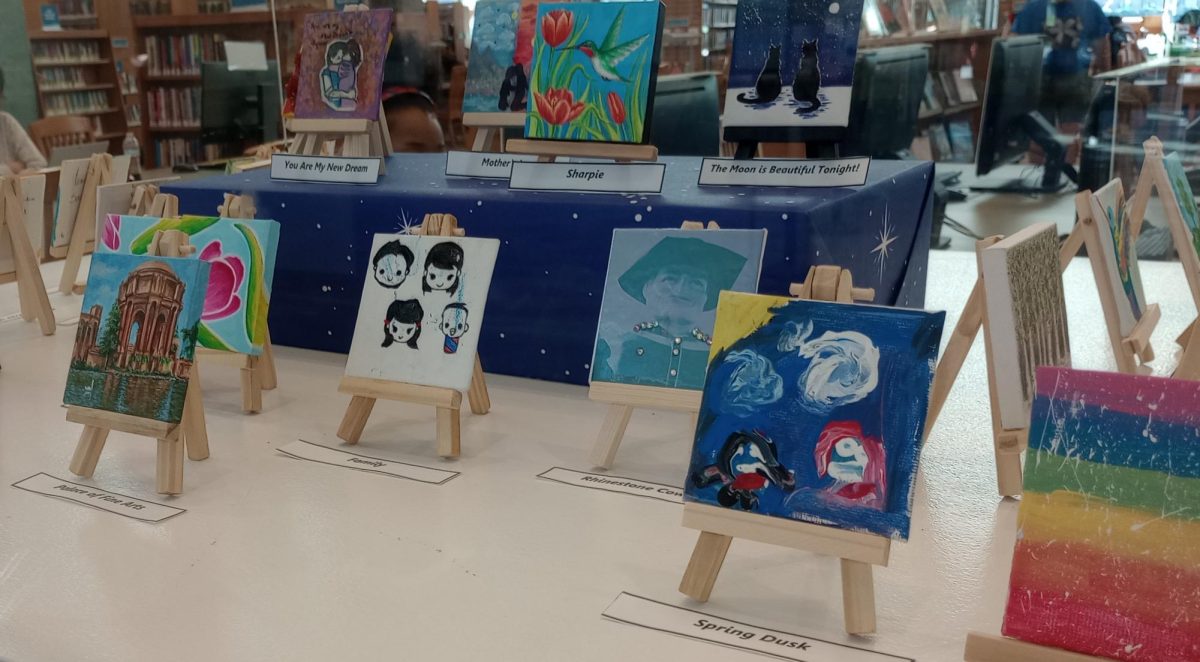
![[Book Review] Weapons of Math Destruction: The insidious danger of Big Data](https://thedublinshield.com/wp-content/uploads/2024/06/wmdsarticle-727x1200.jpg)
